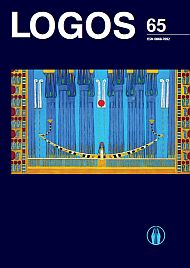Sartre’o Egzistencinės Ontologijos Principai
Principles of Sartre‘s Existential Ontology
Author(s): Antanas AndrijauskasSubject(s): Contemporary Philosophy, Existentialism, Phenomenology, Ontology
Published by: Visuomeninė organizacija »LOGOS«
Keywords: Sartre; existentialism; existential ontology; being; internal choice; freedom;
Summary/Abstract: The article analyzes existential ontology of Jean-Paul Sartre, perhaps the best known philosopher of the twentieth century, leading figure of French Existentialism, whose writings set the tone for intellectual life after the Second World War. It focuses attention on links of the ontology with phenomenology and nonclassical theories of philosophy. The problems of existence, authentic philosophy, internal choice, freedom and intellectual nonconformist position in relation to political authorities are analyzed in details. This approach to the ontological ideas of Sartre enables treating his heritage as a peculiar connection between non-classical, classical and postmodern traditions of thinking
Journal: LOGOS - A Journal of Religion, Philosophy, Comparative Cultural Studies and Art
- Issue Year: 2010
- Issue No: 64
- Page Range: 16-22
- Page Count: 7
- Language: Lithuanian

